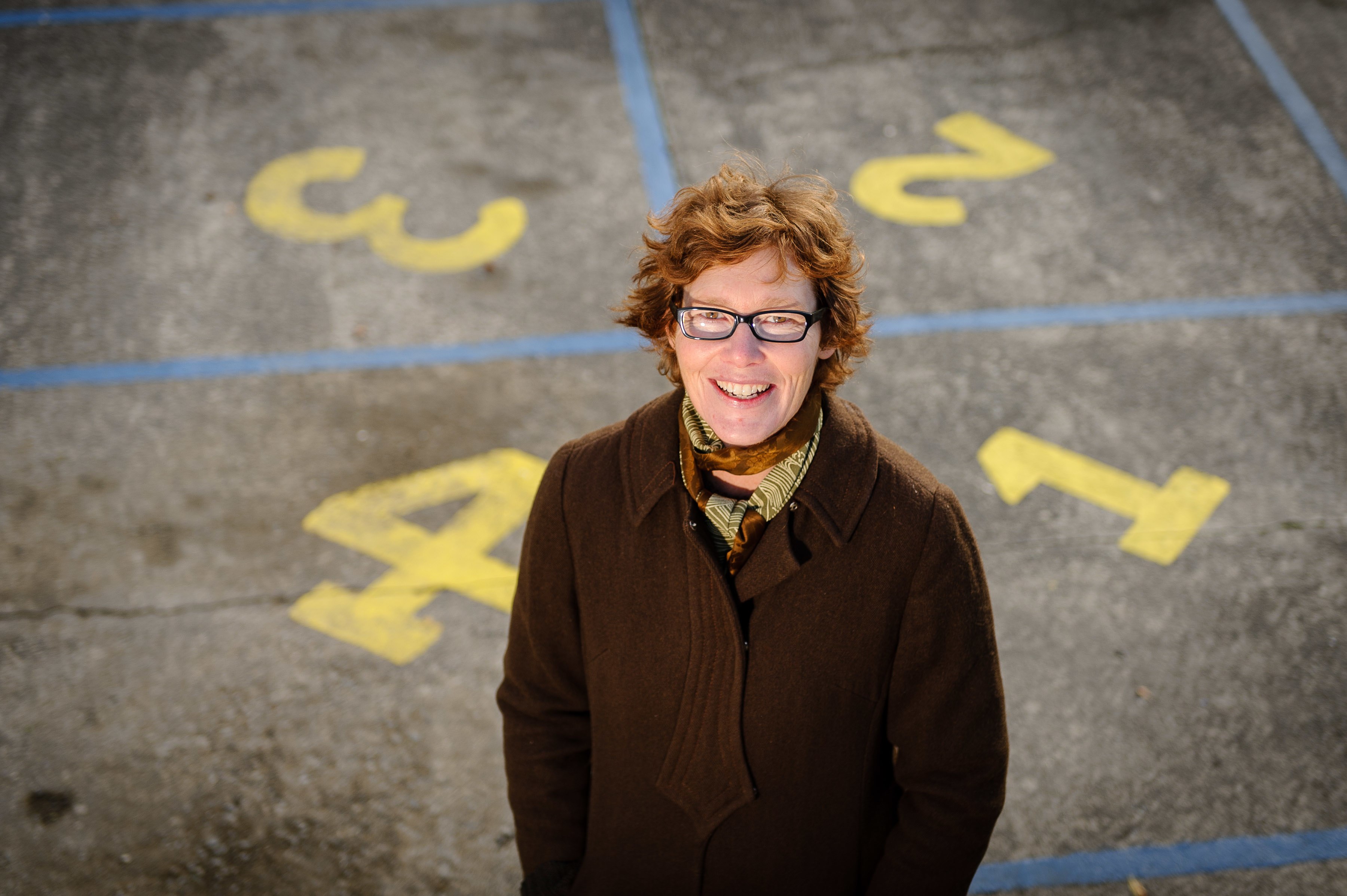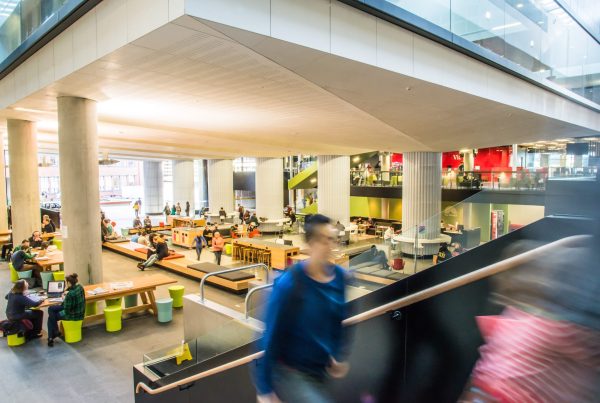
Fundraising initiatives take place in schools and colleges across New Zealand and are widely accepted as a great way of stumping up additional cash for little extras, like playground kit or special initiatives. How heavily do our schools rely on these funds — funds usually donated by parents and the community on top of regular fees (for independents) or taxes (for state schools)?
Some schools claim that their fundraising efforts are hugely important and that the school would be a different place without the additional support. With many parent teacher associations (PTAs) and school boards working together, fundraising all year round to offer a more inclusive experience for all children, no matter their background, how reliant are our schools on this extra cash?
School fees and fundraising have been a big topic of conversation in New Zealand for years, with fundraising efforts — namely the ‘voluntary donation’ or ‘parental contribution’ — being budgeted for alongside regular fees. These additional charges usually satisfy some additional basic needs for the school, alongside funding from the Ministry of Education and, typically, annual fundraising from parents and the community.
Colourful money-making efforts include fun runs, fairs, quizzes and other interactive events that encourage the community to get stuck in. With several dozen schools in the greater Wellington region — and some parents having obligations to more than one school — is fundraising really the way forward for creating inclusive schools or are there alternative options?

Justine’s journey began in 2007 when her son Joseph, now 12, joined the decile 4 school, followed by Lucia (8), and Ambrose (6). “We discovered that raising money was a challenge, and as an inclusive school we want to be able to give everyone the same opportunities. I felt that we needed something different and something that could grow and develop.” With that attitude in mind, Justine and the team around her created a seasonal market based on unique, fresh and sustainable products. Utilising a seasonal approach meant that the market gathered momentum and gained a reputation for offering delicious food and a day out for the family. “We wanted something that was more than just a market, so we created a children’s play area, we have live music, and we include both product stalls and delicious home-cooked cuisine.”
Stallholders are encouraged to feature original, recycled and sustainable products, which remains true to the school’s overall approach, and the market has hired musicians like Amiria Grenell and Black Spider Stomp to add to the atmosphere.
With a mixture of regulars and newcomers, the market has grown from an initial 23 stalls to over 40 and offers a diverse mixture of ethnic food. With four markets a year, and Christmas always delivering more than expected, Justine has exciting plans for growth. “Christmas is always a really big market and we have such a great time planning it, it made me realise there is an opportunity to continue with the unique approach and we are currently planning a retro market for the spring.”
Funds raised help realise the ‘teacher’s wish list’ and ensure families with challenging circumstances can benefit from the school’s inclusive policy, ensuring no child misses out on a school trip, a lunch or other event. “This is a wonderful approach to raising money,” says Justine, “and bringing the community together. It is very rewarding and satisfying.”
Taking a slightly different approach to fundraising is independent — and historic —Queen Margaret College, which for the past ten years has been aiming to hit $1 million to support the needs of the school. The Foundation Trust comprises different groups within the school, including the Old Girls (alumni) and the Parents’ Association, and was founded to create a kitty that could fulfil different obligations. The most recent investment was a $7 million gymnasium, the ‘Hobson Gym’, that also includes a common room, five classrooms and a language block.
Spokesperson Chelsea Devlin comments, “The foundation allows us to raise funds from charitable donations that are filtered into school projects and we hold a number of events throughout the year. We had a target in mind when the foundation was established and we try to create different events to keep it interesting.”
Some of the events have included a Trade Me auction where the public could bid on covetable goodies from businesses like Moore Wilson’s, and a celebrity debate featuring notable local personalities.
Chelsea adds that the college doesn’t want to ask too much of a community that already supports it so much: “We want our fundraising events to be fun and enjoyable; the girls already take part in so much, we aim to make our efforts as much about bringing the community together, as it is about fundraising.”
One school making a huge mark is Thorndon. Most people in Wellington will have heard of Thorndon Fair — it is now the biggest and most successful school fair in Wellington, with more than 25,000 people descending upon Tinakori Road on the first Sunday of every December. The fair, established by the Thorndon Society in 1977 and handed over to Thorndon School in 1983, will celebrate its 40th birthday in December 2016.
A decile 10 school, Thorndon — formerly St Paul’s when first established in 1852 — credits the fair as the school’s biggest fundraiser, with not only the pupils and parents taking part, but also the wider community.
Carol Weston, who has organised the event for more than eight years, says, “Thorndon is a unique school that welcomes children from all over Wellington and not only within a short distance like many other schools. We are not limited to pupils within our own suburb, so the community spirit lies within our school and not the local area. Luckily the growth and popularity of the market allows us to come together and create something absolutely amazing.”
With more than 250 stalls (and still growing), the success of the fair allows the school to supplement its government funding and generate $50,000 a year towards running costs and upkeep. This hard-earned sum allows Thorndon to employ an additional teacher every year to keep classroom numbers smaller and more dedicated.
The fair takes around six months to plan and a cheerful crowd of around 200 parents contribute to the smooth running of the day. “We are in a very fortunate position as we know that the popularity of the fair enables us to grow and raise more funds,” says Carol. “Road closures for school events are quite rare and we are thankful that the community in Thorndon is so incredibly supportive.”
Although the fair is the main event, the school has a keen focus on art and has held several exhibitions and auctions of work created by staff.
The future of education in New Zealand is changing and one school in Wellington is bucking the trend. Kahurangi School, formed in September 2013 from a merger between Miramar South and Strathmore Community schools, offers a completely different approach. Kahurangi School is free, i.e. it doesn’t ask for any ‘voluntary donations’. Not a bean. The approach of principal Kyran Smith and her board is simple: a truly inclusive and equitable learning experience for children, with a keen focus on parents becoming part of the school family.
Kyran explains, “I can remember as a child what my family could and couldn’t afford and so many children miss out on valuable experiences because budgets are tight. We wanted to change the focus from it being about relying on parents for funds and instead their participation and involvement within the school.”
So, how do they run the school without donations? Kyran explains that they take full advantage of the operational grant from the Ministry of Education and budget resourcefully. The new principal acknowledges that, although they have some property demands, their relatively new building (courtesy of a $3.5 million makeover) has equipped them with a good foundation on which to build their future. “We deliver a solid programme to our children and we do not assume that all children who attend the school can’t afford to pay; we have a very diverse intake. We want children to have equal access to learning and opportunities, and our parents are very proud.”
With positivity gushing from Kahurangi School, and community fundraising elsewhere as active as ever, the future of funding, fees and donations will continue to cause debate.
Do the maths on decile:
The decile system ranks schools from 1 to 10 based on a socio-economic rating, and based on this system the government distributes funding. Typically, lower-decile schools will receive increased funding, and school donations from parents also reflect this. For example, a decile 1 school may request a donation of $20 per student and up to $50 per family. A mid-rank decile school may look for a voluntary donation of between $80 or $150. The top-tier decile schools and colleges can suggest anything between $300 to $800. Schools that are lower and mid-rank may consider more external fundraising to ensure every child is treated equally and not excluded based on their family’s income. A school’s decile ranking is not indicative of the overall socio-economic mix of the school. There are five factors that make up the socio-economic indicator:
- Household income
- Occupation
- Household crowding
- Educational qualifications
- Income support
Do the maths on donations:
Whatever you choose to call them — donations, fees, contributions — the distribution of funds and how they are used within schools has been a source of considerable debate for some time. Media reports indicate that some schools are withholding activities and privileges for children whose parents have not paid their ‘voluntary donation’. Many parents claim their children have a right to free schooling and refuse to pay.
[/info]





